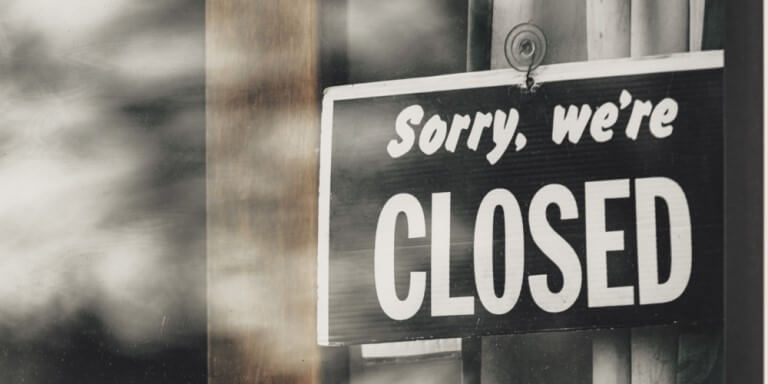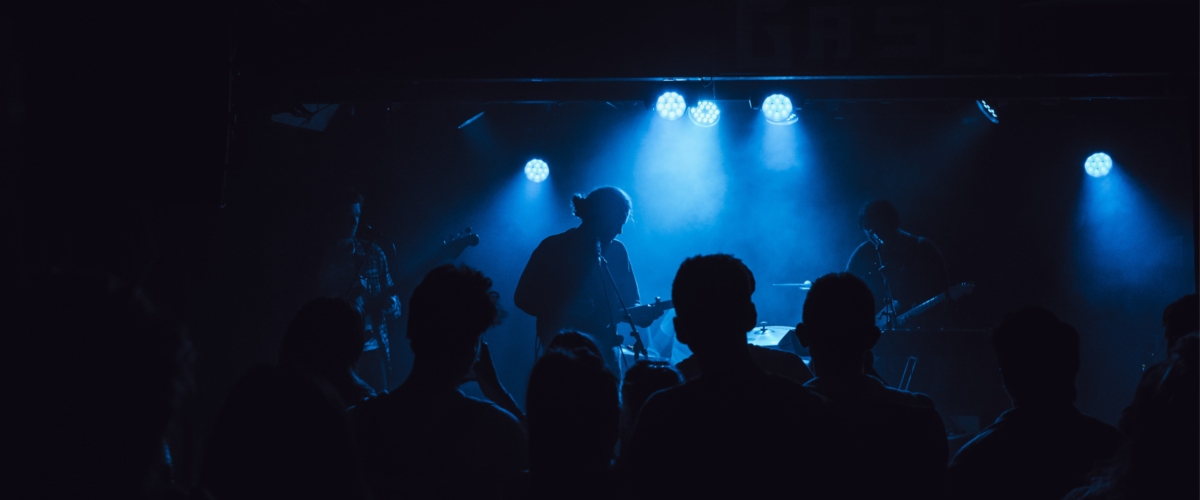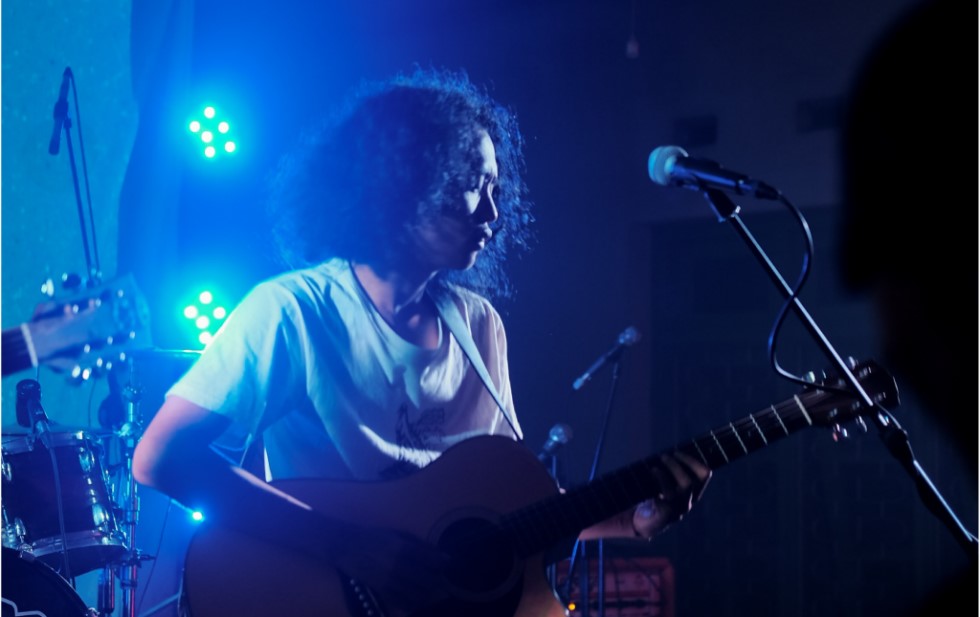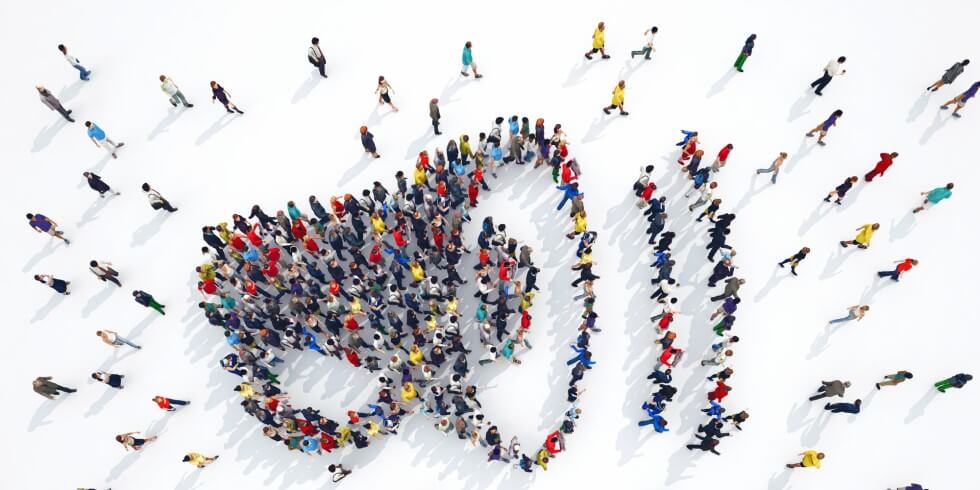Live concert promotion in 2021 is more critical than ever.
“Small live music establishments will be a thing of the past.”
“The only businesses in the music industry that will be left standing are the big boys, the ones that can handle the blow.”
These and statements like these are ones that I’ve heard a lot of this past year amongst the strict restrictions live music venues and restaurants faced during the spike of COVID-19. And as we have seen, statements like these don’t exactly come from blind statistics or grim pessimism. According to Billboard’s list, over the last year more than eighty-eight small to medium sized live music venues in the U.S. have been forced to close their doors permanently, including big-name Texas venues like the historic Threadgill’s in Austin, Big Texas Dance Hall & Saloon in Spring, and Gas Monkey Live in Dallas.

When working with both live music venue operators and the various artists that they hire to bring in a crowd, a key area of miscommunication is very evident. What’s often missing is coordination when it comes to marketing and promotion of each live show. Very often, the venue’s talent buyer and marketing team assumes the artist is handling certain tasks, and often, the artist assumes the opposite. The result of this frequent scenario is frustration for both parties if the event does not turn out to be a success.
If you’re a struggling venue owner that has experienced this perplexing situation in the past, you are not alone. It’s critical that you develop a solid plan to prevent it in the future. Otherwise, your chances of hosting successful live music shows that can bring your venue back to stability into 2021 will be difficult.
Whatever pricing structure you decide on, it will be imperative to promote your live music events as best you can. Whether you choose to pay a live band a guarantee and charge for tickets at the door, pay out an eighty-twenty split on tickets sales, or pay a small guarantee plus a percentage of drink sales, the success of any live venue show is up to the venue and the artist, collectively.
It Starts When You Book Live Entertainment
Before we can begin to discuss the different ways in which a music venue can work with artists to co-promote their live shows, the issue of selecting the right artist during the booking process must be addressed.
Looking at what kind of draw a certain act or live band can bring is often a deciding factor in booking them in the first place. If there is no past box office information to pull from, this judgement is often made based on an artist’s social media following. However, if there is no clear plan on how the artists will promote to their social media following, that following doesn’t amount to much at the end of the day.
Whether a music venue uses in-house staff for their booking and marketing, or hires a third party booking agency like TSE entertainment that offers venue talent buying services, the plan of who does what to promote a venue concert should be laid out at the time of booking. This way, there is no confusion leading up to the show and everyone has ample time to do their own part for the show’s promotion.
Secondly, if your venue talent buyer or marketing staff can offer ideas for joint promotion, and work with the artists on a clear plan, the better your chances for a successful live show. There are two main things to keep in mind when planning to co-promote and those are:
- The Audience – You will be dealing with two separate audiences, the venue’s target audience (these are the people that frequent the venue no matter who is performing), and the artists’ audience (these are the artists followers who will attend a venue they’ve never been before to see that artists play).
- The Promotional Content – High quality, consistent social media graphics, video and posters that are used for organic and paid advertising leading up to the show.
Strategies for Live Concert Promotion Involve Co-Marketing by Venues and Artists
Co-Hosting Event Pages
Any time you have an event on Facebook that will be promoted by two or more pages, a best practice is to list yourself as a co-host for the event or add the other pages as co-hosts if you are the one creating the event. This allows for all the promotions to stay consistent across all Facebook pages, and won’t dilute your event page audience. We go over this in more detail in our earlier blog that discusses 6 Best Practices Using Facebook and Instagram.
- Organic Social Media Posts
Most bands and venues know they need to post regularly on their social media sites about an upcoming event, however what both are often guilty of is simply posting the event page over and over again until the day of the event. It’s much better to mix up the content you post about the event. The problem with using the same content over again for social promoting is that it has very little engagement and doesn’t stand out. Instead, you should mix up your social media content surrounding the show.
- Other Tactics Leading Up to the Show
-
- Content from the artist’s page.
- A recorded video of the artist discussing how excited they are to be playing at your venue. TSE makes such requests a standard practice for our events. If you simply just ask the artist for a short video, they are usually more than happy to create one for you.
- Posts with a mix of promotional copy and a gif. Gifs are under-rated in my opinion. They stand out, they can be hilarious, and you can almost always find the perfect one for what you’re trying to say. For instance, in this type of post I would use one pertaining to music or something showing an interactive large crowd.
- The show poster. Posters aren’t just for hanging on walls. They can be very useful online as well.
- Pre-sale ticket giveaways of ticketed shows.
Putting different content together around a singular topic/event, often on different marketing channels is called a campaign. The important thing to remember when creating any campaign is the planning. It works best if the content is created ahead of time and stored, ready for use at specific times or events. Any live event promotional campaign needs a calendar of what happens when, including dates planned in advance for publishing content.
Social Media Invites
Bands are typically better about sending out social media invites to events than venues are. However, unless it’s a larger band with a widespread following, or a band that is playing on their home turf, it makes far more sense geographically for the venue to send out the event invites. Of course, ideally both the venue and the band should be participating in sending out the invites to all their followers.
Social Media Advertising
Most venues leave the online advertising to the bands, especially if it’s a door deal, or one where the band gets a percentage of drink sales. However, boosting a post on social media costs very little. If a venue spends only $30.00 on social media advertising, it can go a long way. More so for the venue than for the band. Which brings me to my next point: Share your social media and other audience insight data with the band.
If you are a venue and you’re expecting the artists to shovel out most of the money for social media advertising, you can help them greatly by sharing demographics about your typical customer. This is the case especially if the band is unfamiliar with your venue. Earlier I mentioned the two separate audiences as one of the important things to keep in mind for co-promoting. If the artist can’t pull from their own following for your show, being able to target the venue’s key audience should make their social media ads far more successful.
Local Press Outlets
It is not as common as it should be for bands to reach out to the venue’s local press outlets prior to a live show. But it’s definitely something that shouldn’t be overlooked. Oftentimes venues will already have a list of local press outlets where they send press releases. This list should be shared with the band early on so they can utilize this resource. If more bands knew it was an option, my bet is that more bands would use it.
Related Posts:
Corporate Entertainment Booking at Your Venue Can Be Lucrative


 Co-Hosting Event Pages
Co-Hosting Event Pages

